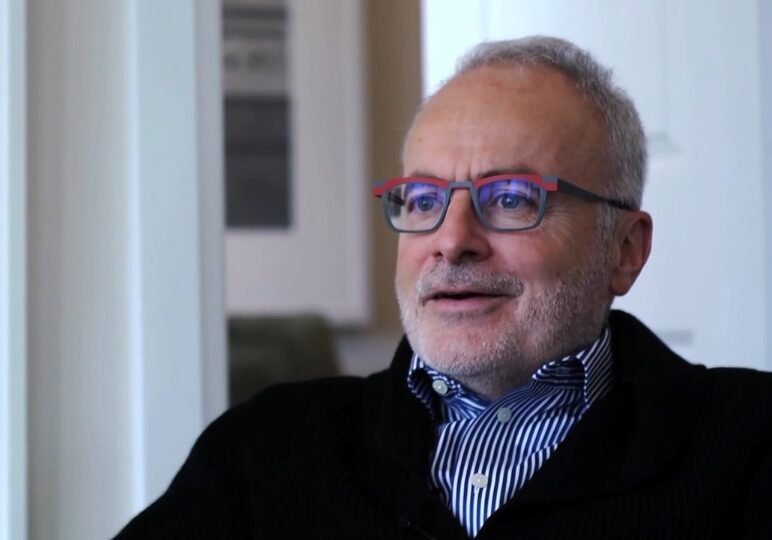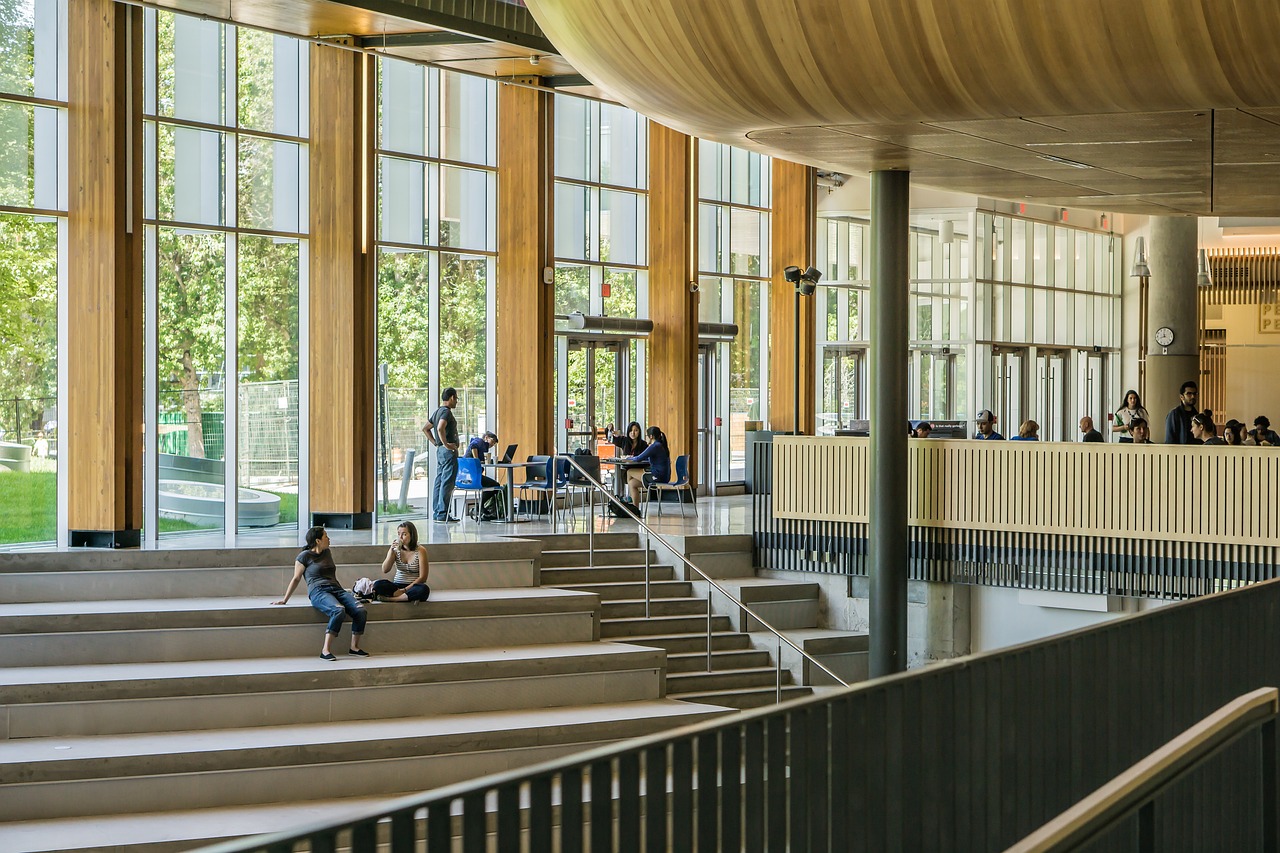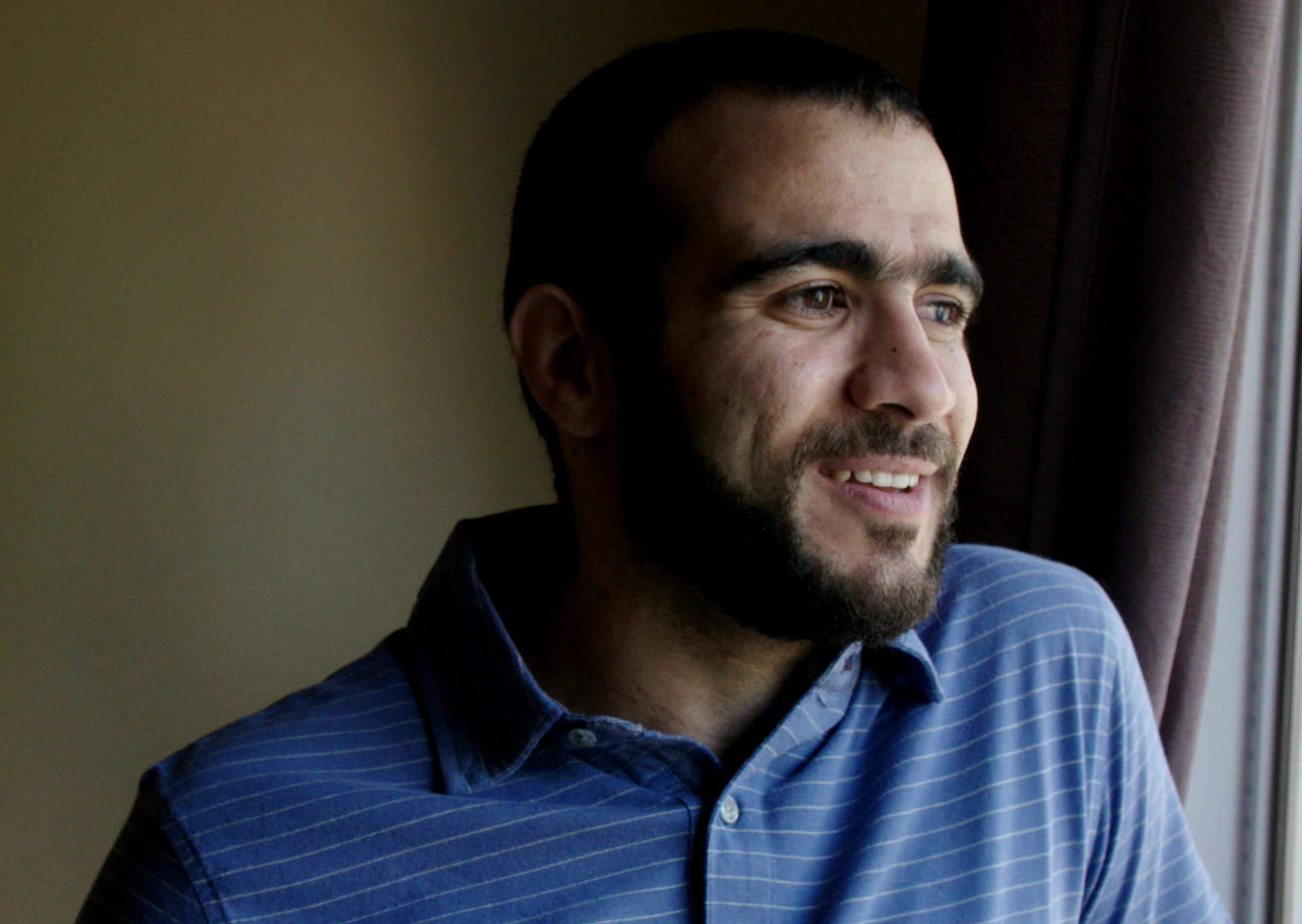Statement of Teaching Philosophy
I have not been given a reason to write a statement of “Teaching Philosophy” for decades. My graduate students and newer colleagues certainly have—and many of them are model instances of thoughtfulness, inclusiveness, and compassion. Reading these statements, I often think, “good god, students are lucky to have teachers like these!” But this is not to say that I don’t reflect carefully and often upon my pedagogical practices. Far from it. But if I had to describe what teaching means to me, today, I like to remember a fragment by Kafka in which an Olympian swimmer, congratulated by fans, nevertheless insists that he does not know how to swim. Once upon a time, he did not know how to swim and that inability remains with him always. Part of swimming, indeed, swimming well, must be not knowing how to swim. So: I don’t know how to teach. Part of teaching, the most important part, beyond all the talk of gaining competences and perfecting practices, is not knowing how to teach. I hope every Teaching and Learning Institute is up to teaching that.
Long ago, yesterday, I did not know how to teach. And it’s important to shelter a place for that experience of not-knowing how to teach or even knowing what teaching is in every classroom in which I find myself. Each educational relation calls for the surprise and the insurgency of not knowing how to teach. I did not know how to teach and I do not know how to teach. I have never not known how not to teach. I need to help my students see this, even as I teach my heart out and because I teach my heart out. I do not know how to teach. And I hope that my students glimpse something in this not knowing and always treasure that sacred part of themselves that does not know how to learn.

“Without an unteachable, we cannot teach and are not teachers.”
Thomas Dutoit





